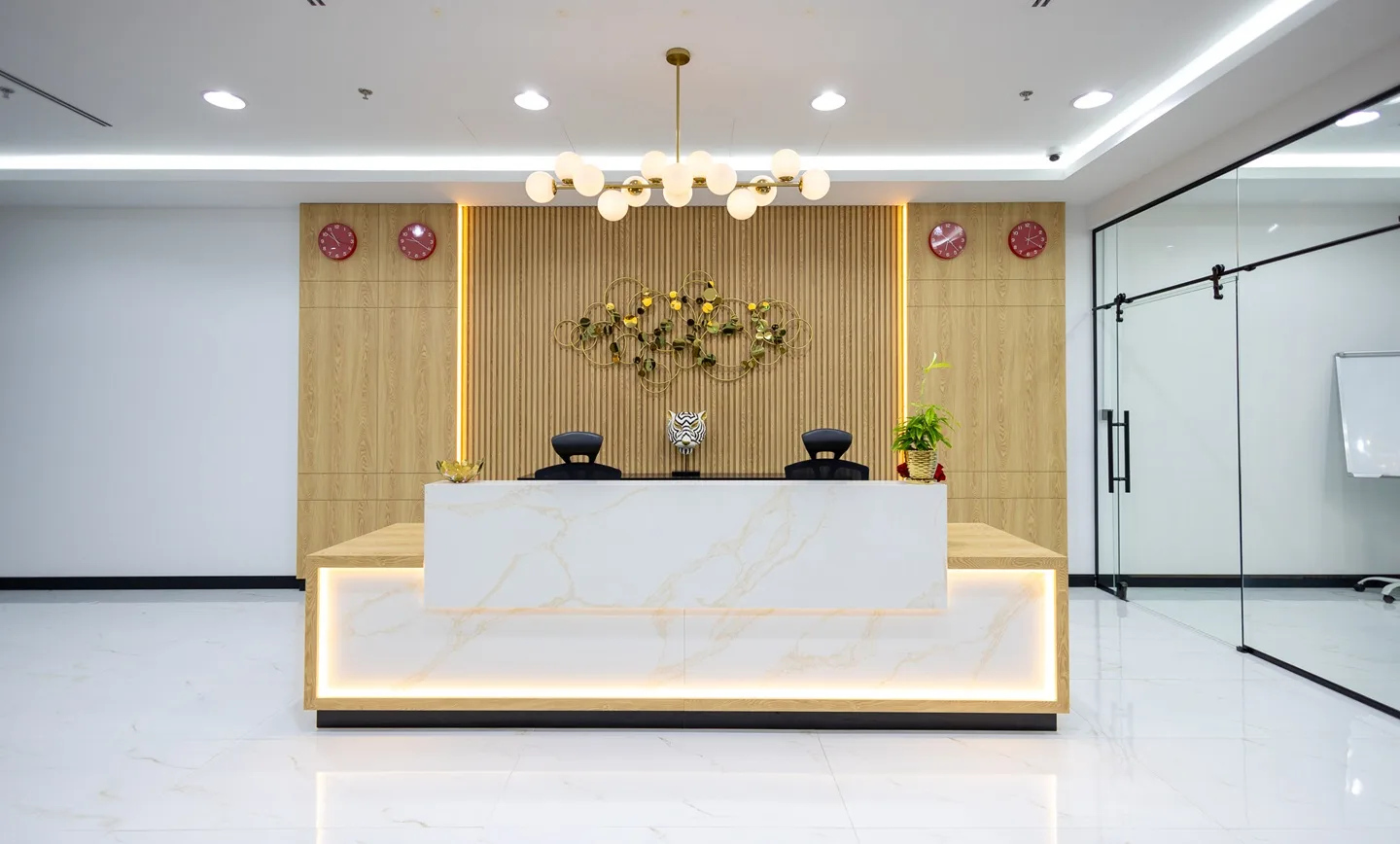Comprehensive Guide to Business Set Up in Dubai
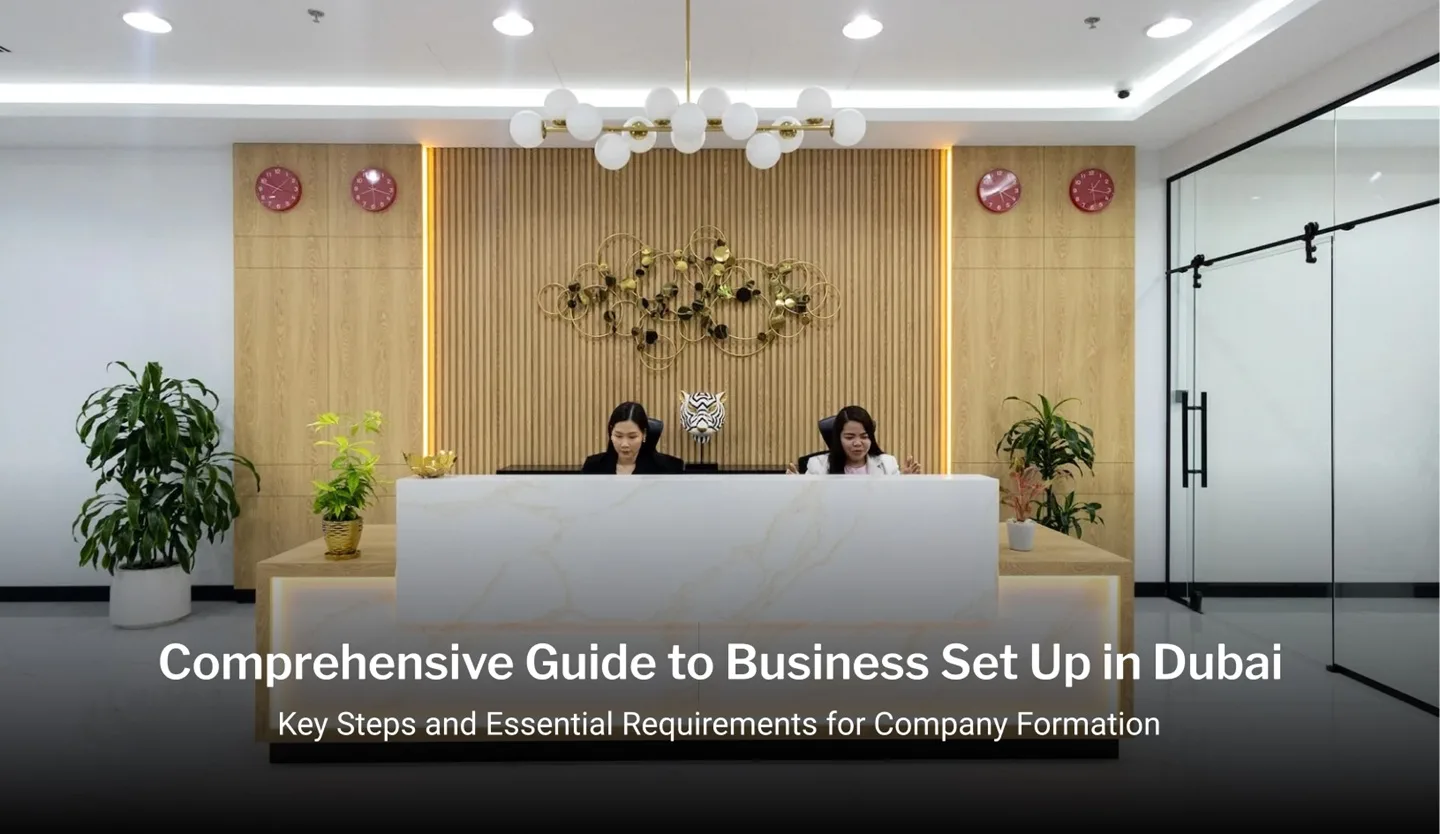
Dubai has rapidly established itself as one of the most attractive destinations for entrepreneurs and global investors. With a thriving economy, world-class infrastructure, and government initiatives designed to attract foreign investment, the emirate provides a fertile ground for both start-ups and multinational companies.
Whether you are an SME or a large corporation, business set up in Dubai offers unmatched opportunities to access Middle Eastern, African, and Asian markets.
This guide walks you through everything you need to know about company formation in Dubai, from choosing your jurisdiction to obtaining final approvals.
Mainland vs Free Zone vs Offshore
Mainland Companies
A mainland company is licensed by the Dubai Department of Economy and Tourism (DET) and allows you to operate anywhere in the UAE and abroad. Unlike free zones, mainland entities are not restricted to specific designated areas, making them a flexible choice for companies looking to engage directly with the UAE market.
Benefits of Mainland Company Formation
- Market access: Ability to trade directly with the UAE’s local market without intermediaries.
- Location flexibility: Businesses can establish their office anywhere in Dubai or other emirates.
- Foreign ownership: Since 2020, most business activities allow 100% foreign ownership, though certain strategic sectors may still require an Emirati partner.
- No restrictions on activities: Companies can work across multiple industries and tender for government contracts.
Considerations to Make
- Office requirement: For most licence categories, a physical office space of around 200 sq. ft. is generally required.
- Regulatory oversight: Subject to stricter government regulations and approvals.
- Emiratisation rules: Companies with 50+ employees must employ at least 2% Emiratis in skilled roles (with quotas adjusted for mid-sized companies).

Free Zone Companies
Dubai free zones are designated economic areas that provide a business-friendly environment for foreign investors. Each free zone is built around a specific sector, such as technology, logistics, media, or commodities, and offers tailored infrastructure, licensing, and support services.
Benefits of Free Zone Company Formation
- 100% foreign ownership: No requirement for a UAE national partner or sponsor.
- Tax incentives: 0% corporate tax on profits up to AED 375,000, and a flat 9% rate applies above this threshold.
- Repatriation of profits: Investors can repatriate 100% of their capital and profits.
- Simplified setup: Streamlined processes for licensing and visa allocation.
- Industry clusters: Networking opportunities within industry-specific zones such as DMCC, Dubai Internet City, or Dubai Media City.
- No currency restrictions: Full freedom to transact in multiple currencies.
Considerations to Make
- Market access limitations: Cannot trade directly with the UAE local market without engaging a distributor or local agent.
- Geographical restriction: Business operations must be carried out within the boundaries of the free zone, unless partnered with a mainland entity.
Offshore Companies
An offshore company is incorporated in Dubai (often via a free zone) but is legally structured to operate outside the UAE. This model is ideal for businesses seeking asset protection, global tax advantages, and international operations. Offshore companies cannot conduct business activities within the UAE.
Benefits of Offshore Company Formation
- Full foreign ownership: No UAE national partner is required.
- Confidentiality: Strong privacy protections and asset security.
- No minimum capital requirement: Lower financial barriers to entry.
- Tax efficiency: No corporate tax (except for profits exceeding AED 375,000 under new rules) and no personal income tax.
- Ease of international business: Suitable for holding companies, intellectual property, or international trading.
Considerations to Make
- No UAE market operations: Offshore companies cannot engage in local UAE trade.
- Banking restrictions: Some banks may impose tighter conditions for corporate account openings.
- Sponsor requirement in certain cases: A local service agent may be needed for specific registrations.
Sponsorship and Ownership Rules
One of Dubai’s biggest advantages is the flexibility of ownership structures.
- Mainland : As of 2020, most activities allow 100% foreign ownership. Some strategic sectors may still require Emirati involvement.
- Free Zones: 100% foreign ownership is guaranteed, without the need for a UAE national sponsor.
- Offshore : Full foreign ownership is permitted, but activities are limited outside the UAE.
Types of Business Licences in Dubai
Every business requires a licence, issued by the Department of Economic Development (DED) or a free zone authority. The six main types include:
- Commercial Licence: for trading activities, import/export, logistics, and retail.
- Industrial Licence: for manufacturing or production businesses.
- Professional Licence: for consultancy, IT services, and professional firms.
- Tourism Licence: for travel agencies, hotels, and tourism-related activities.
- Agricultural Licence: for farming, nurseries, and agricultural services.
- Crafts Licence: for specialist craft activities, such as carpentry or blacksmithing.
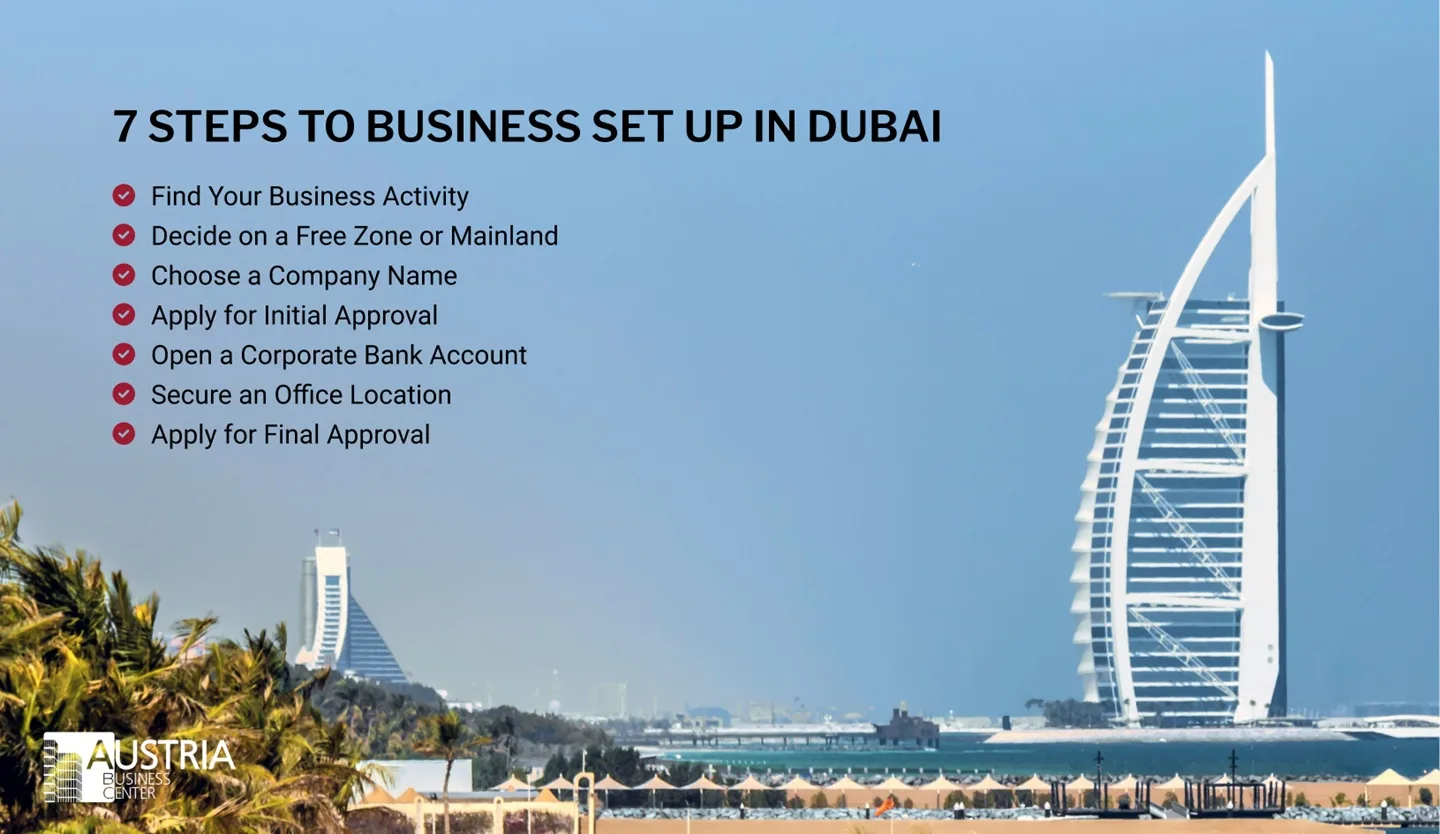
Step-by-Step Guide to Business Set Up in Dubai
Step 1: Find Your Business Activity
With over 2,000 registered activities available, selecting the right business activity is critical. Your choice will determine the licence type you require, as well as the jurisdiction (mainland, free zone, or offshore). Activities range from retail and import/export to financial services, technology, and manufacturing.
Step 2: Decide on a Free Zone or Mainland
Your jurisdiction will influence how you operate. Free zones are ideal for international trade, industry-specific clusters, and businesses seeking tax incentives. Mainland companies are better suited for those looking to trade directly with the UAE local market and enjoy greater operational flexibility.
Step 3: Choose a Company Name
Company names in Dubai are subject to strict regulations. Names cannot include offensive or blasphemous language, political references, or abbreviations. If using a personal name, it must be the full name of an owner or partner. Ensuring compliance at this stage prevents delays in the approval process.
Step 4: Apply for Initial Approval
Initial approval is required from the Department of Economic Development (DED) or the chosen free zone authority. This confirms there are no objections to your business activity. You will typically need to submit:
- Business registration and licensing form
- Passport or Emirates ID copies of owners/shareholders
- Articles of Association
- Feasibility study or business plan
Step 5: Open a Corporate Bank Account
Opening a bank account is an essential step in company formation in Dubai. The UAE offers a strong banking sector with both local and international banks such as Emirates NBD, HSBC, Citibank, and ADCB. Requirements may vary, but banks generally request incorporation documents, shareholder details, and business activity information. Account opening may take weeks due to compliance checks.
Step 6: Secure an Office Location
Every business in Dubai must have a physical office. Free zones often provide flexible options, including serviced offices and co-working spaces. Mainland businesses must lease office space of at least 200 sq. ft. Options such as Austria Business Center offer fully serviced offices with all-inclusive packages, reducing administrative burdens.
Step 7: Apply for Final Approval
The final step includes submitting all required documents and paying the necessary fees. This stage may also involve obtaining approvals from sector-specific authorities. Once granted, your trade licence will be issued, and your business will officially be registered to operate.
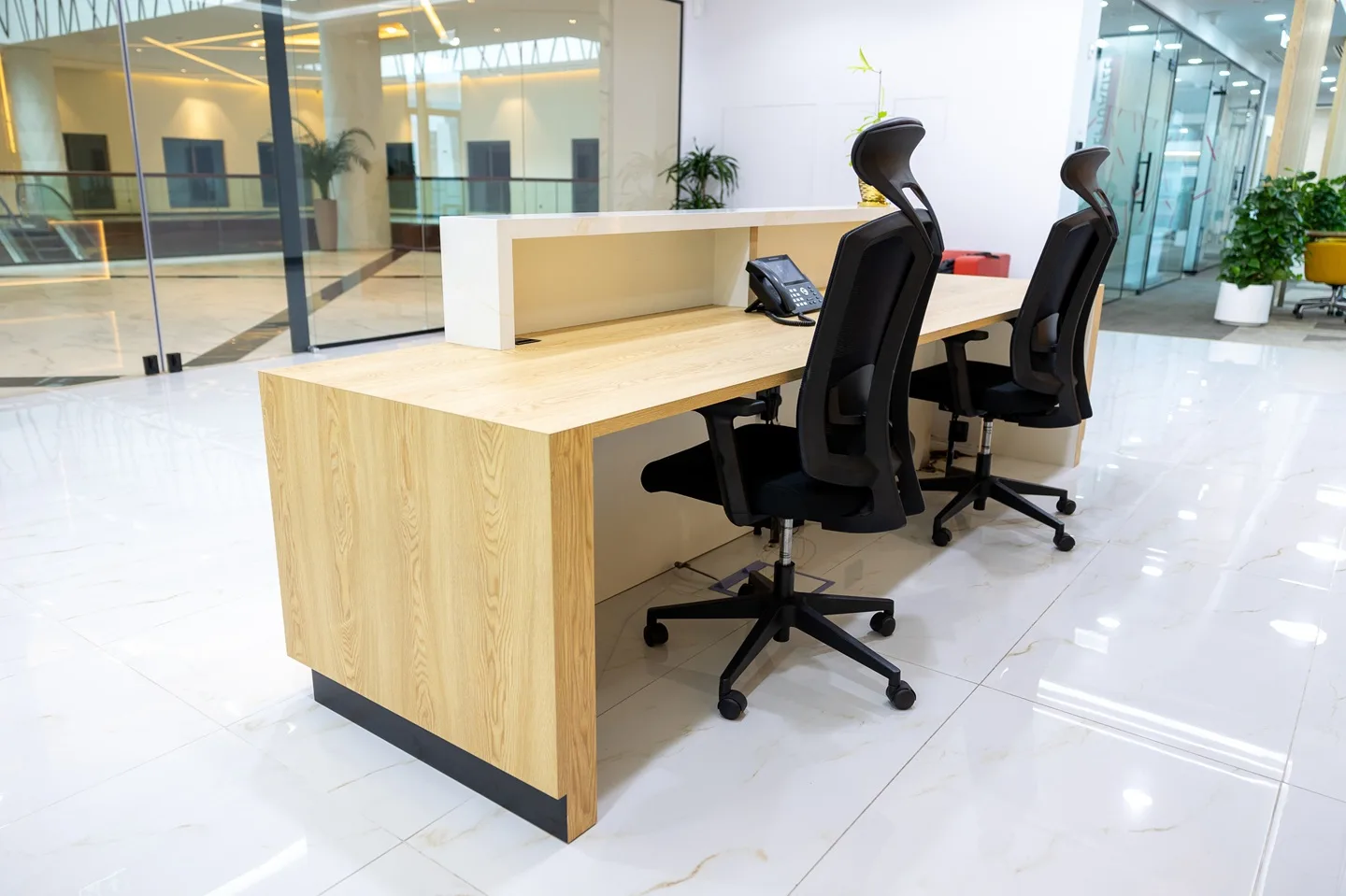
Why Set Up a Business in Dubai?
The advantages of company formation in Dubai and the UAE extend far beyond taxation and ownership. The emirate provides:
- Strategic global location connecting Europe, Asia, and Africa.
- World-class infrastructure and logistics.
- Streamlined processes compared to many global hubs.
- Access to a large talent pool.
- Political and economic stability.
Business set up in Dubai presents immense opportunities for entrepreneurs across industries. While the process involves multiple steps, with careful planning and the right support, company formation in Dubai can be both efficient and rewarding. Whether you choose the mainland, a free zone, or offshore, Dubai’s supportive ecosystem makes it one of the most business-friendly destinations in the world.
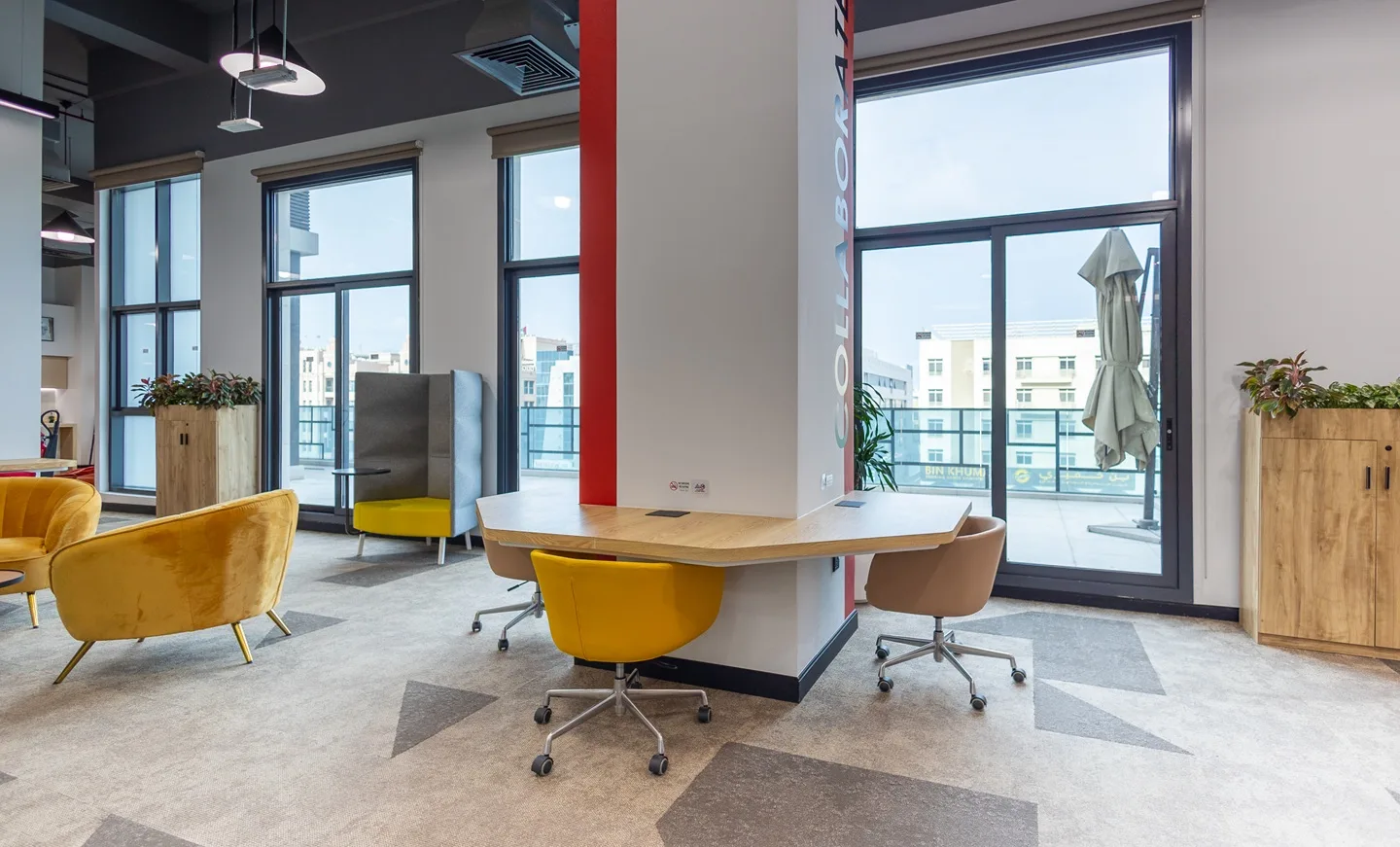
To simplify the process, Austria Business Center offers tailored solutions, from licensing to office space, so entrepreneurs can focus on growth rather than paperwork. From initial approvals to securing office space, they provide end-to-end support for entrepreneurs and corporations alike.
Located at the prestigious H Hotel, Sheikh Zayed Road, their offices combine premium facilities with a strategic location at the heart of Dubai’s business district.
With flexible office packages, PRO services, and expert advisory, Austria Business Center ensures that your business set up in Dubai is handled efficiently, allowing you to focus on growth and operations.
Frequently Asked Questions
How much does it cost to set up a business in Dubai?
The total cost for establishing a mainland company in Dubai, including one visa and a basic office, generally ranges between AED 25,000 and AED 60,000+ in the first year. For a free zone company, packages with private offices and one visa typically start from AED 15,000.
Can I register my business in Dubai to avoid taxes?
All companies registered in Dubai are subject to corporate tax. Businesses with annual taxable income below AED 375,000 are exempt from corporate tax. For taxable income above this threshold, a flat corporate tax rate of 9% is applied.
How much is the LLC visa in Dubai?
The cost to register a Limited Liability Company (LLC) in Dubai generally ranges from AED 20,000 to AED 30,000, depending on the type of industry and services. The investor visa costs between AED 4,000 and AED 5,500.
Can you own 100% business in Dubai?
Yes, investors of all nationalities can establish and fully own businesses in the UAE, depending on the chosen jurisdiction and business activity.
Can you run a business and not be VAT registered?
Not all businesses must register for VAT. If a company’s annual turnover is below the VAT registration threshold, it is not required to register and cannot charge VAT on its sales unless it opts for voluntary registration.




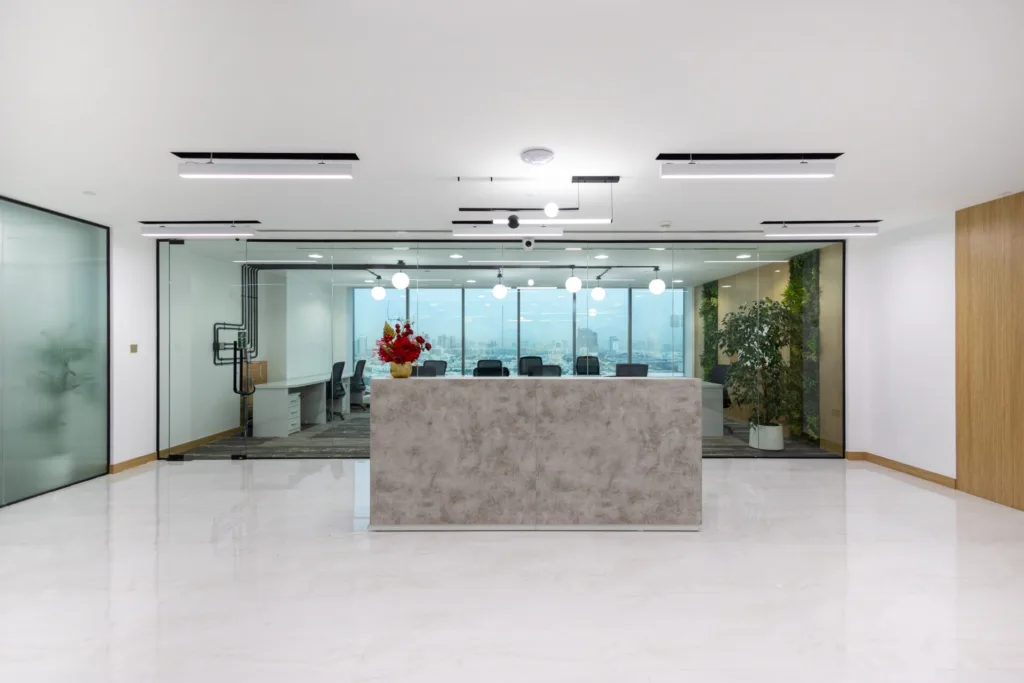

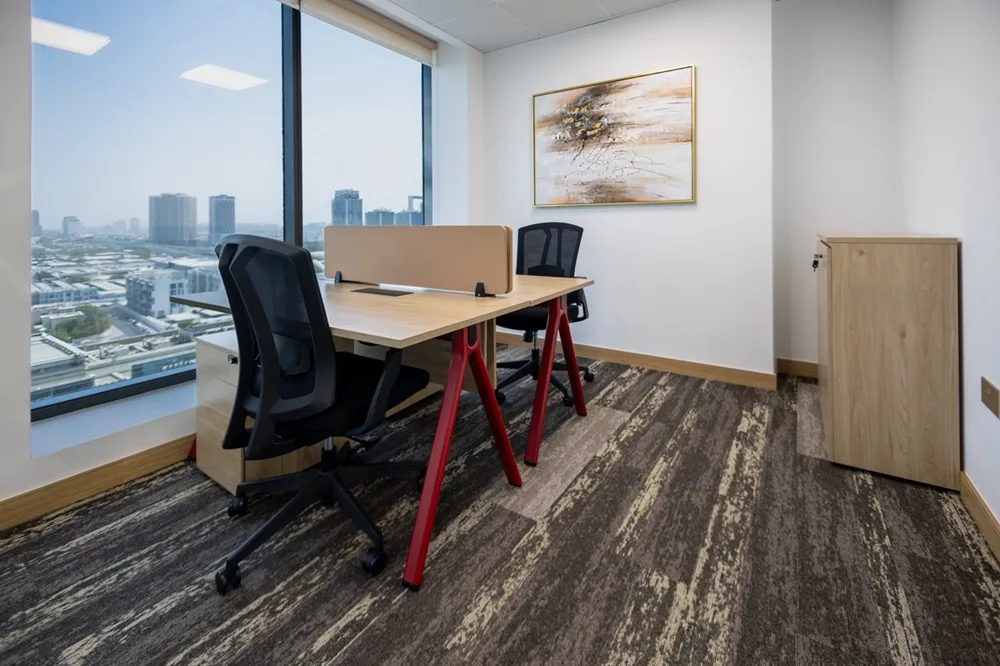

 +971 4 454 9700
+971 4 454 9700
